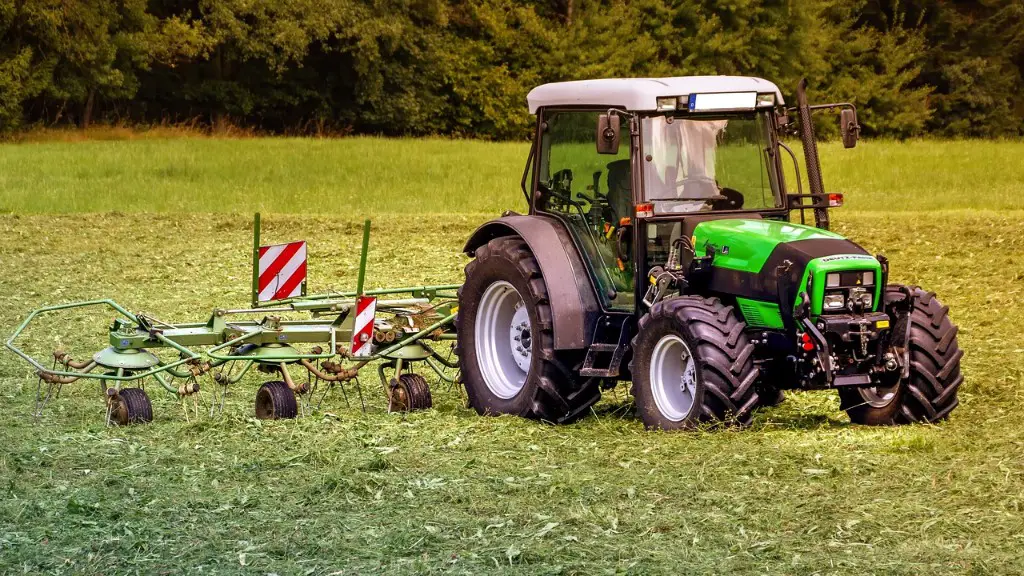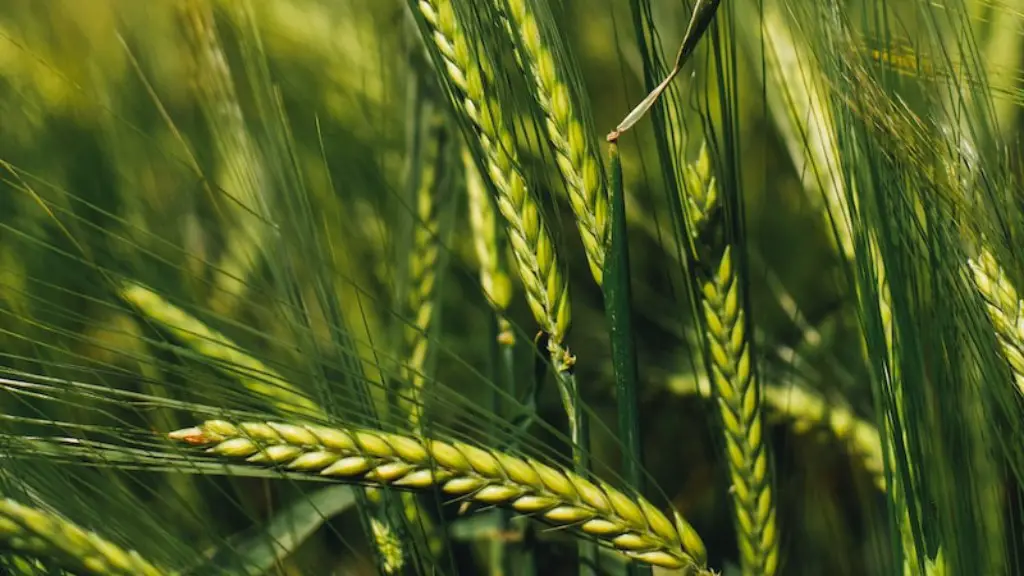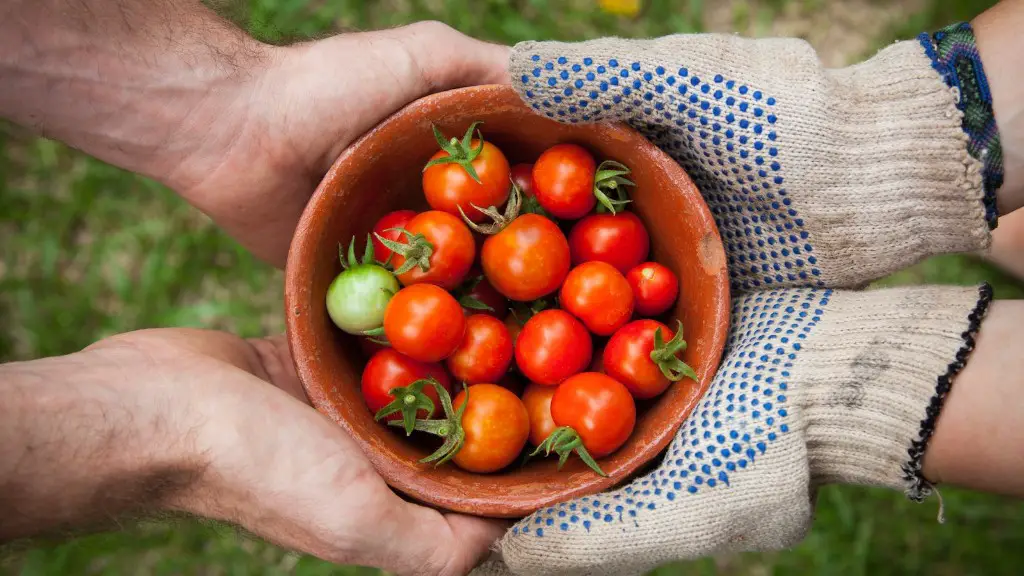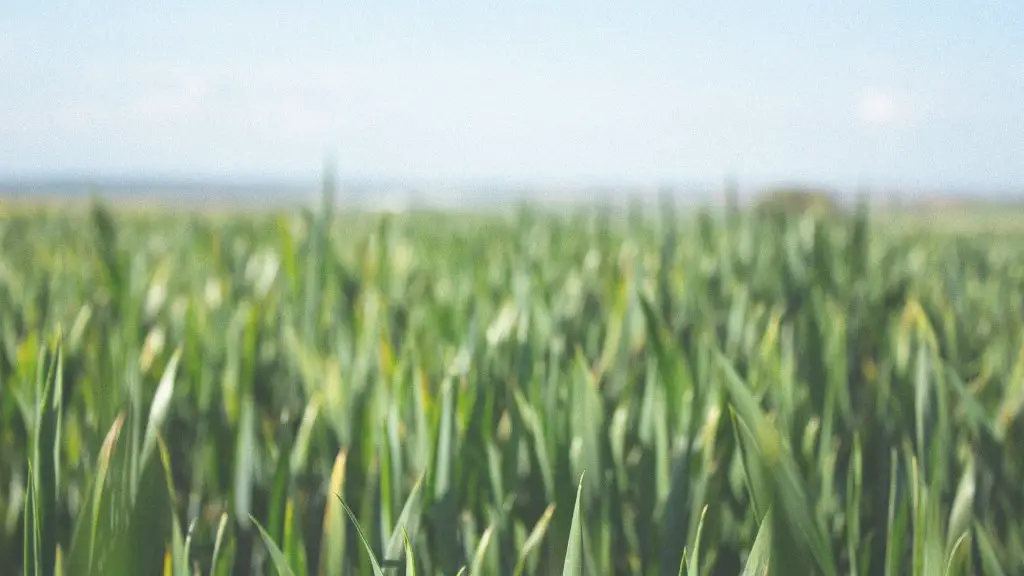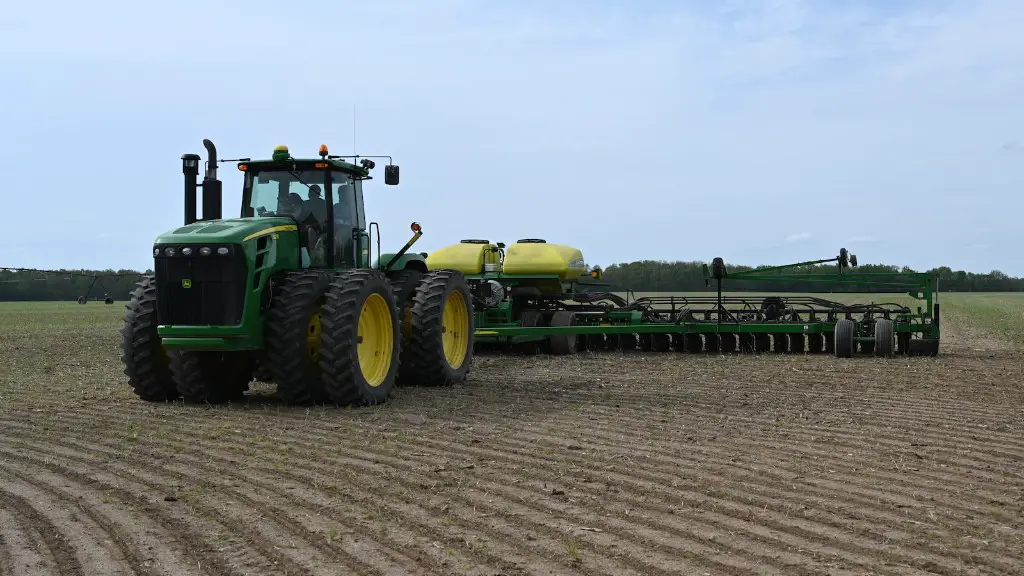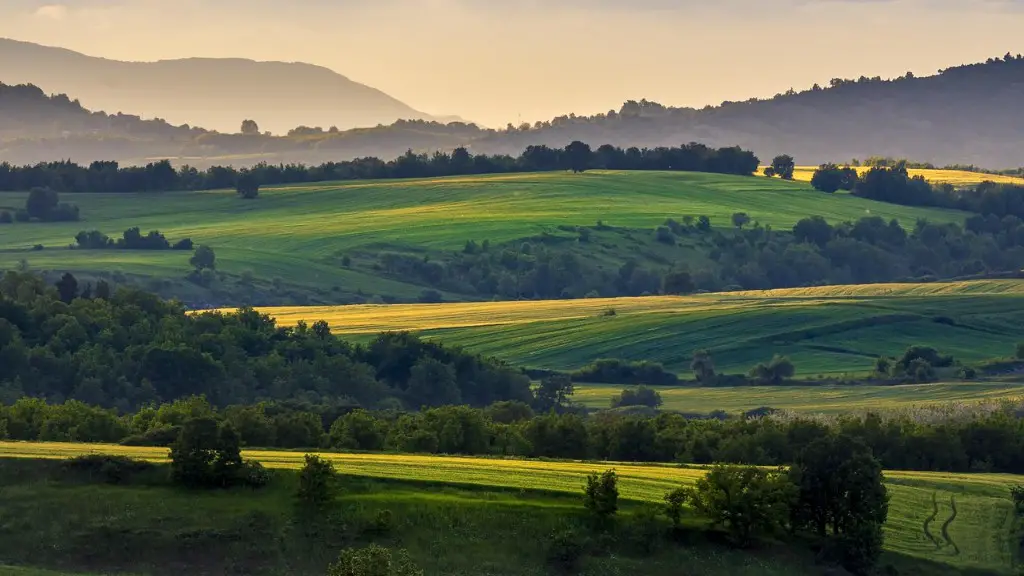There is no one answer to this question as it depends on a variety of factors, including location, climate, and individual preferences. However, in general, agriculture has made life better for many people by providing them with a more reliable and diverse food supply. Agriculture has also allowed for the domestication of animals, which has provided people with another source of food, as well as companionship and assistance.
No one really knows for sure, but there are a few theories. One is that by domesticating plants and animals, early humans were able to settle in one place and develop civilizations. Another is that agriculture allowed for the development of cities and trade, which led to a more diverse and interesting life. Still, others believe that the rise of agriculture led to inequality and conflict, as those who controlled the food supply had power over others.
How has agriculture improved our lives?
Agriculture impacts society in many ways. It supports livelihoods through food, habitat, and jobs. It provides raw materials for food and other products. It also builds strong economies through trade.
The growth of cities and civilizations can be traced back to the development of agriculture. Farming allowed for the domestication of plants and animals, which in turn led to a surge in the global population. Today, there are more than seven billion people on the planet thanks to the advancement of agriculture.
Did agriculture change society forever
The Neolithic Revolution was a period of time when humanity made the shift from hunting and gathering to agriculture. This change changed humanity forever, and has had a huge impact on the world today. Agriculture allowed for the development of civilizations, and has had a profound impact on the way we live.
Agriculture, food, and related industries are a vital part of the US economy, contributing roughly $1264 trillion to US gross domestic product (GDP) in 2021. This sector accounted for 54 percent of the total US GDP. The output of America’s farms alone contributed $1647 billion to the economy, or about 07 percent of US GDP.
The agriculture sector plays a vital role in providing food and other products for the US economy and the world. The sector employs millions of Americans and provides a significant contribution to the nation’s GDP.
What are 3 benefits of agriculture?
1. It’s the main source of raw materials: Agriculture is the main source of raw materials for many industries, including the food, textile, and paper industries.
2. It’s important to international trade: Agriculture is a major component of international trade, with many countries relying on exports of agricultural products to earn foreign currency.
3. It plays a big role in a nation’s revenue: Agriculture is a major contributor to a nation’s GDP and tax revenue.
4. It provides employment: Agriculture is a major source of employment, with over 1.3 billion people employed in the sector worldwide.
5. It’s crucial to a country’s development: Agriculture is essential for a country’s development, as it is a key sector in the economy.
6. It can help heal the environment: Agriculture can help to heal the environment, as it can help to reduce pollution and restore ecosystems.
7. It goes hand-in-hand with war: War and conflict often lead to a need for increased food production, as well as a reliance on agricultural products for supplies and trade.
8. It’s a way of life for many: For many people, agriculture is a way of life, as it has
Farming is a great way to stay healthy and fit. It is challenging and stimulating work that can provide a source of income in rural areas. Farm work can help develop younger generations and farming can help the environment thrive.
Was agriculture the biggest mistake in human history?
It is undeniable that the invention of agriculture was a huge turning point in human history. However, as Jared Diamond pointed out, it was also a huge mistake. Agriculture has led to many problems for humanity, including overpopulation and environmental degradation. However, we are now stuck with it and we have to make it work better than ever before. For the future of humankind and the planet, we need to find ways to make agriculture more sustainable and efficient.
The Agricultural Revolution was a watershed moment in human history. It marked the transition from a nomadic, hunter-gatherer lifestyle to a settled, agrarian one. This new way of life allowed for the growth of human society in terms of culture and technology. It also set the foundation for what we know as modern human life.
Why agriculture is most important
Agriculture provides most of the world’s food and fabrics. Cotton, wool, and leather are all agricultural products. Agriculture also provides wood for construction and paper products. These products, as well as the agricultural methods used, may vary from one part of the world to another.
When early humans began farming, they were able to produce enough food that they no longer had to migrate to their food source. This meant they could build permanent structures, and develop villages, towns, and eventually even cities. Closely connected to the rise of settled societies was an increase in population.
Did agriculture make humans shorter?
The study mentioned in the topic suggests that humans who turned to agriculture after living as hunter-gatherers were shorter than their hunter-gatherer counterparts by up to 15 inches. This difference in height is thought to be due to the change in lifestyle and diet that came with agriculture. Hunter-gatherers tended to be taller and have better health overall because they had a more varied diet and were more active than those who farmed. The study shows that the shift to agriculture had a negative impact on human height, and this is likely due to the change in lifestyle and diet that came with it.
Farming has allowed for greater quantities of food to be produced, which has in turn led to population growth. The ability to store surpluses has made it so that not every person needs to farm in order to feed themselves and their family. This has led to job specialization, where different people focus on different tasks.
How did agriculture change human society
More abundant food supplies could support denser populations, and farming tied people to their land. Small settlements grew into towns, and towns grew into cities. Agriculture produced enough food that people became free to pursue interests other than worrying about what they were going to eat that day. This led to the development of civilizations and the rise of the human race.
The development of agriculture is called a revolution because it has had such a radical impact on human society. Agriculture allowed for the invention of the first cities, allowed for industrialization, and caused the human population to grow massively. These changes have had a profound impact on the course of human history.
Is agriculture still important today?
The agriculture industry is responsible for producing most of the world’s food and fabrics. Agriculture impacts so many things that it’s hard to imagine a world without this important industry. If you don’t think agriculture impacts your life, think again.
The very poorest people benefit the most from agricultural growth because it increases the demand for their labor. Agricultural growth increases the probability of obtaining employment and may also increase the salary level, which in turn increases the income that can be earned from selling labor.
Conclusion
This is a difficult question to answer definitively. On the one hand, agriculture allowed for the domestication of plants and animals, which led to increased food security and a more reliable food supply. Additionally, the development of agriculture allowed for the growth of civilizations and the rise of cities and states. Agriculture also allowed for the growth of trade and commerce, as well as the development of new technologies. On the other hand, agriculture can also lead to environmental degradation, as well as to the exploitation of workers. Additionally, the overproduction of food can lead to inflation and other economic problems. Overall, it is difficult to say whether or not agriculture has definitively made life better.
Overall, it could be said that agriculture did make life better in a number of ways. It not only allowed for the domestication of plants and animals, which provided a steadier food supply, but it also allowed for the growth of cities and civilizations. Agriculture allowed for the rise of civilizations and the growth of cities, which in turn led to the development of new technologies and the growth of knowledge. It also allowed for the growth of trade and commerce, which led to the growth of wealth and the creation of new jobs. In short, agriculture made life better by providing a steadier food supply, leading to the development of cities and civilizations, and by allowing for the growth of trade and commerce.
